While PTSD is most commonly associated with traumatic events such as combat experiences, accidents, or assaults, it is possible for some individuals to develop symptoms resembling PTSD after a particularly traumatic divorce or separation. This condition is sometimes referred to as “divorce-related PTSD” or “post-divorce trauma.” Here are some ways in which divorce can lead to symptoms resembling PTSD:
- Emotional Trauma: The process of divorce or separation can be emotionally traumatic for some individuals. They may experience intense emotions such as grief, anger, fear, and sadness during and after the divorce, which can contribute to symptoms similar to those seen in PTSD.
- Loss of Security: Divorce often involves a significant loss of financial security, stability, and the familiar routines of family life. This loss of security can trigger feelings of vulnerability and anxiety, which can be reminiscent of PTSD symptoms.
- Repetitive Intrusive Thoughts: Individuals going through a traumatic divorce may experience intrusive thoughts and memories of the past relationship, which can be distressing and disruptive to their daily lives.
- Avoidance Behaviors: Some people who have gone through a traumatic divorce may develop avoidance behaviors, such as avoiding places or people associated with their ex-spouse, similar to the avoidance symptoms seen in PTSD.
- Hyperarousal: Divorce-related stress can lead to increased arousal and vigilance, making it difficult to relax or sleep, which are symptoms also observed in PTSD.
- Flashbacks: In some cases, individuals may experience flashbacks to particularly traumatic events or conflicts that occurred during the divorce process.
It’s important to note that while some people may experience symptoms resembling PTSD after a traumatic divorce, this does not necessarily mean they meet the clinical criteria for a formal PTSD diagnosis. PTSD is a specific mental health disorder with defined diagnostic criteria.
If you or someone you know is experiencing significant distress and symptoms related to a traumatic divorce, it’s advisable to seek professional help from a mental health therapist or counselor. They can provide appropriate support and treatment, which may include therapy techniques like cognitive-behavioral therapy (CBT) to address the distressing symptoms and help individuals cope with the aftermath of the divorce. Additionally, support from friends and family can be invaluable during this challenging time.




